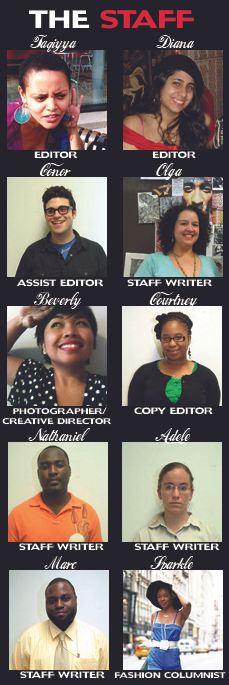CUNY Closes Applications Early
By Bill Crain
The City University stopped accepting new freshmen applications for the current semester
on May 8—earlier than anyone can remember. The reason, CUNY’s central administration
said, was that enrollment had grown too large. At a June hearing called by the New York City
Council’s Higher Education Committee, CUNY administrators estimated that about 2,600
applicants would be considered too late. Perhaps some of them would be given preference in
future semesters, but this wasn’t made clear.
Ydanis Rodriguez, the chair of the Council Committee (and a former CCNY student), urged
CUNY to find seats for the Fall semester. But the CUNY administration didn’t seem very
interested.
The administrators’ main focus at the hearing was not large enrollments, but the generally
weaker credentials of later applicants. As I listened, I wondered if the University was using the
enrollment problem as a new way of restricting admission to well prepared students—a concern I
raised when I had a chance to speak. CUNY’s greatness hasn’t come from limiting admission to
those students who had the benefit of a fine preparation for college. It has come from extending
opportunities to those students who were forced to attend underfunded, overcrowded schools that
couldn’t provide this preparation. It has given thousands such students their first real chance in
life.
Must CUNY cap enrollments? Or can it handle growing enrollments? I believe it can handle
them. It can find the space, often in the evenings, and it can hire more part-time instructors. I
realize that many of my colleagues oppose an increase in part-time instructional staff. They
point out that students already have difficulty finding instructors because so many are teaching
part time. My colleagues also point out that a high proportion of part-time faculty members
can lower an institution’s prestige. However, part-time instructors are often excellent teachers.
In any case, we must think about our priorities. Our highest priority should be our mission of
opening doors as widely as possible—not shutting them.
True, the “late” applicants aren’t actually denied admission. Their opportunities are simply
postponed. But what are the emotional effects? I am reminded of Langston Hughes’s poem, “A
Dream Deferred.” Deferring people’s dreams can be corrosive.
Bill Crain is a Professor of Psychology at The College. wcrain@ccny.cuny.edu
Subscribe to:
Post Comments (Atom)




No comments:
Post a Comment